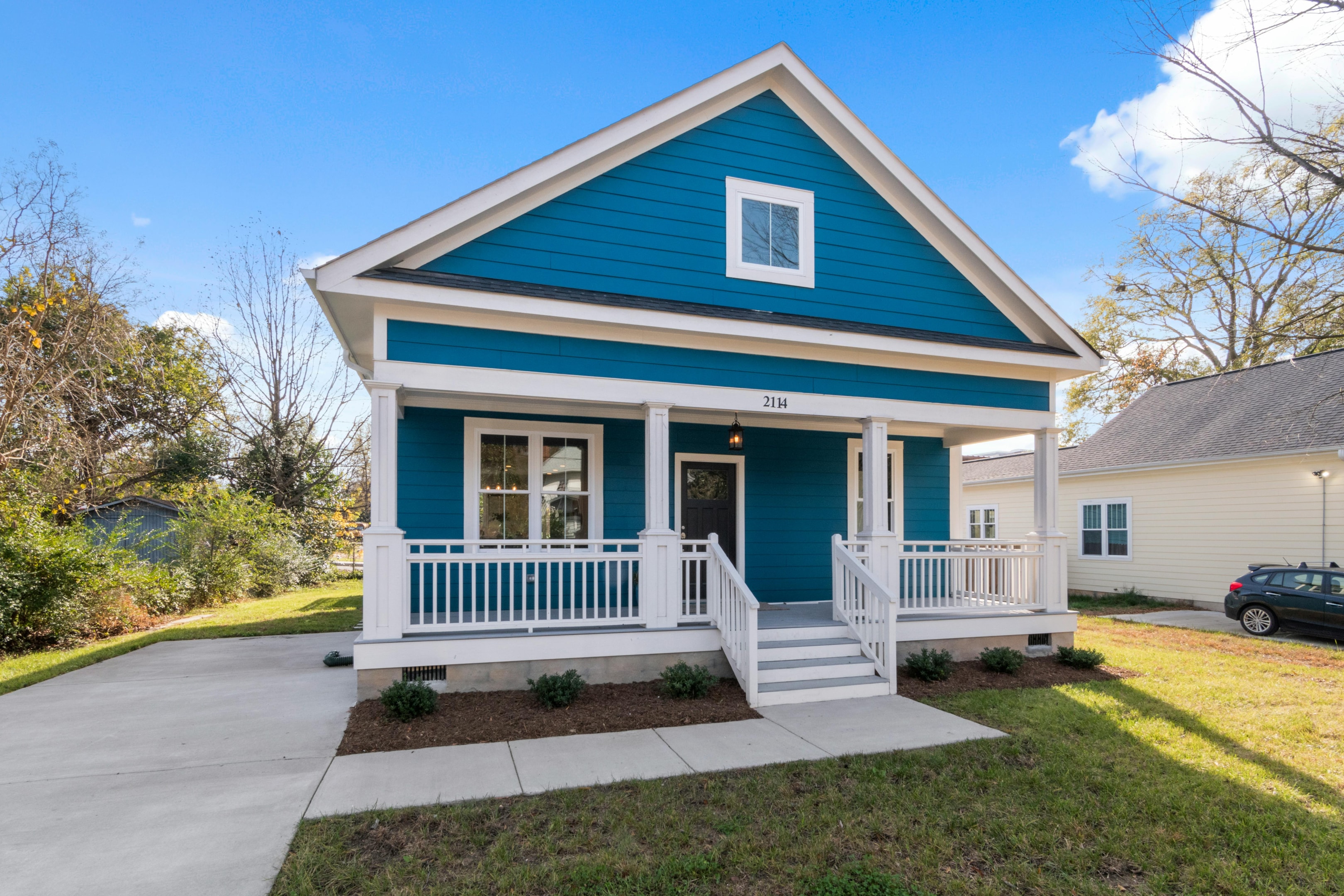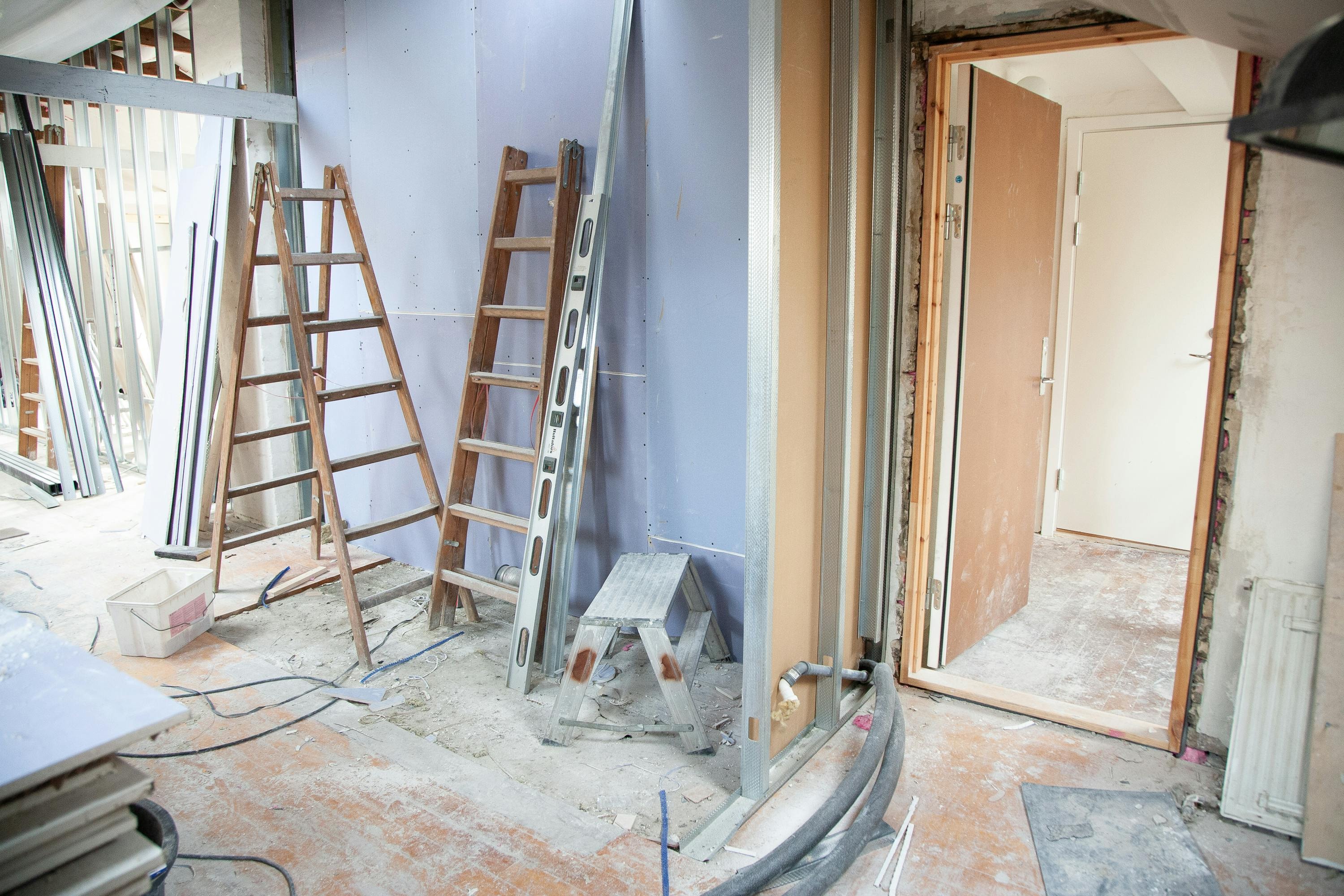Want Financial Freedom? Start with These Investment Properties
Real estate investing has long been considered one of the best ways to build wealth, generate passive income, and create financial freedom. Investment properties—whether rental homes, multifamily buildings, or commercial spaces—offer investors cash flow, tax advantages, and long-term appreciation. To invest in real estate, you can explore various strategies such as buying properties to rent out, flipping homes, and investing in REITs. These methods can lead to substantial returns, passive income, and diversification of your investment portfolio. But how do you find profitable investment properties? What should you look for when analyzing deals? And how can you maximize returns while minimizing risks? This guide will walk you through everything you need to know about investment properties, from finding the right deals to financing and managing your investments. To learn more about investing in these properties, read Essential Tips for Buying Investment Properties.

Introduction
Real estate investing has created more millionaires than any other industry. Investment properties offer multiple streams of income, from rental cash flow to property appreciation and tax advantages. Investment properties can be grouped with other assets like securities, art, and collectibles that are intended for future appreciation. Whether you're looking to build passive income through long-term rentals or earn quick profits from house flipping, real estate can be one of the most reliable paths to financial freedom.
But getting started in real estate investing requires research, planning, and strategy. This guide will show you how to find, analyze, finance, and manage investment properties for maximum profitability.
Understanding Investment Properties
What Defines an Investment Property?
An investment property is any real estate asset purchased to generate rental income, capital appreciation, or resale profits. Unlike a primary residence, investment properties are used to create wealth and build financial security.
Investment Property Characteristics
Investment properties can be categorized based on their characteristics, which significantly impact their value, rental income, and overall performance. Understanding these characteristics can help investors make informed decisions and maximize their returns.
Different Types of Investment Properties
Investment properties come in various forms, each with different risk levels, income potential, and management needs. Certain cities are known for their appealing features and updated homes, making them attractive for investors:
Residential Properties – Single-family homes, duplexes, and multifamily apartments rented to tenants.
Commercial Properties – Office buildings, retail spaces, warehouses, and industrial properties.
Short-Term Rentals – Airbnb and vacation rentals that generate income from short-term guests.
To learn more about which type of property might be the best for your investment strategy, read The Ultimate Guide to Your Investment Property Search Strategy.

Choosing the Right Investment Property Strategy
Buy-and-Hold vs. Fix-and-Flip
Buy-and-Hold – This strategy involves purchasing investment properties and renting them out to tenants for long-term cash flow and property appreciation. Buy-and-hold investors benefit from consistent rental income, potential tax advantages, and the opportunity to build equity over time. This approach requires a focus on property management and tenant relationships to ensure steady income and property upkeep.
Fix-and-Flip – In this strategy, investors buy properties with the intent to renovate and sell them quickly for a profit. The fix-and-flip method requires a keen eye for undervalued properties, strong project management skills, and an understanding of market trends to maximize returns. While this approach can yield significant profits in a short period, it also involves higher risks and costs, such as renovation expenses and market fluctuations.
Short-Term vs. Long-Term Rentals
Short-Term Rentals (Airbnb, VRBO) – These properties are rented out for short durations, often to vacationers or business travelers. Short-term rentals can offer higher income potential due to premium nightly rates, especially in popular tourist areas or cities with high demand. However, they require active management, frequent tenant turnover, and compliance with local regulations, which can increase operational costs and complexity.
Long-Term Rentals – These properties are leased to tenants for extended periods, typically six months or more. Long-term rentals provide more stable cash flow and less frequent tenant turnover, reducing management efforts and vacancy risks. Investors benefit from predictable income and can build long-term relationships with tenants, fostering a sense of community and reliability. This strategy is ideal for those seeking steady, passive income and lower management demands.
Commercial vs. Residential Investments
Commercial properties often boast longer lease terms, providing stability for investors and a potentially higher return on investment (ROI). These properties, which include office buildings, retail spaces, and industrial units, can offer significant income streams due to their ability to attract established businesses as tenants. Investors in commercial real estate benefit from diversified tenant mixes, which can reduce risk and enhance cash flow. Additionally, commercial properties may appreciate faster in value, especially in thriving city centers or business districts, making them an attractive option for those looking to maximize their investment property portfolio.
Residential properties, on the other hand, are generally easier to finance, as lenders view them as less risky due to constant demand for housing. Single-family homes, duplexes, and multifamily apartments are popular choices among investors seeking consistent tenant demand. These properties provide a steady income stream through rental payments and are often more straightforward to manage compared to commercial properties. Residential real estate is also appealing for its potential to appreciate over time, especially in desirable neighborhoods or cities with growing populations. Investors can leverage tax advantages, such as deductions for mortgage interest and property depreciation, to enhance their personal finance strategies. Whether you're a seasoned investor or just starting, residential properties offer a reliable entry point into the world of real estate investing.

How to Analyze an Investment Property Deal
The 1% Rule for Rental Properties
A property should generate at least 1% of its purchase price in monthly rent to be a good deal.
Cash-on-Cash Return vs. Cap Rate
Cash-on-Cash Return – Measures annual return based on actual cash invested.
Cap Rate – Measures net income relative to property value.
Understanding Net Operating Income (NOI)
NOI = Rental Income - Operating Expenses. This is a critical metric for evaluating rental property profitability.

Financing Your Investment Property
Conventional Loans vs. Hard Money Loans
Conventional Loans – Low interest rates but require good credit.
Hard Money Loans – Higher interest rates but faster approvals.
Seller Financing and Creative Financing Strategies
Seller financing allows the seller to directly finance the property purchase, bypassing traditional banks. This can benefit sellers by facilitating quicker sales and potentially higher prices, while buyers enjoy less stringent credit requirements and lower closing costs.
Beyond seller financing, investors can explore lease options, partnerships, and using a home equity line of credit (HELOC) from an existing property. These creative strategies enhance purchasing power and reduce cash flow burdens, allowing investors to expand their real estate portfolios without solely relying on traditional financing. To learn more about ways to finance your investment, read Essential Strategies for Budgeting for Real Estate Investing Success.
Tax Implications of Investment Properties
Investment properties can have significant tax implications for investors, offering various opportunities for tax savings and benefits. Understanding these implications can help investors optimize their tax strategies and enhance their overall returns.

Conclusion
Investment properties offer a powerful way to build wealth through cash flow, appreciation, and tax benefits. Whether you're buying rental properties, flipping homes, or investing in commercial real estate, the key to success lies in finding the right deals, analyzing profitability, and managing properties efficiently. By carefully selecting properties that promise strong returns and understanding the local market dynamics, investors can maximize their income potential and long-term gains. Start small, but think big—build your portfolio strategically, diversify your investments, and continuously educate yourself about market trends and new opportunities. Take action today to achieve financial freedom through real estate investing, and transform your personal finance landscape with smart, informed decisions. To learn more about investing, especially if you're new to the real estate space, read Understanding Real Estate Investing: A Practical Guide for Beginners.
FAQs
1. What is the best type of investment property for beginners?
Single-family rental properties are easier to manage and have strong demand.
2. How much money do I need to start investing in real estate?
You can start with as little as $10,000 using creative financing or house hacking.
3. Is rental income taxable?
Yes, but investors can deduct expenses like mortgage interest, depreciation, and maintenance costs.
4. What is a good ROI for an investment property?
A cash-on-cash return of 8-12% is considered strong.
5. How do I find off-market investment properties?
Use direct mail, driving for dollars, and lead generation platforms like USLeadList.